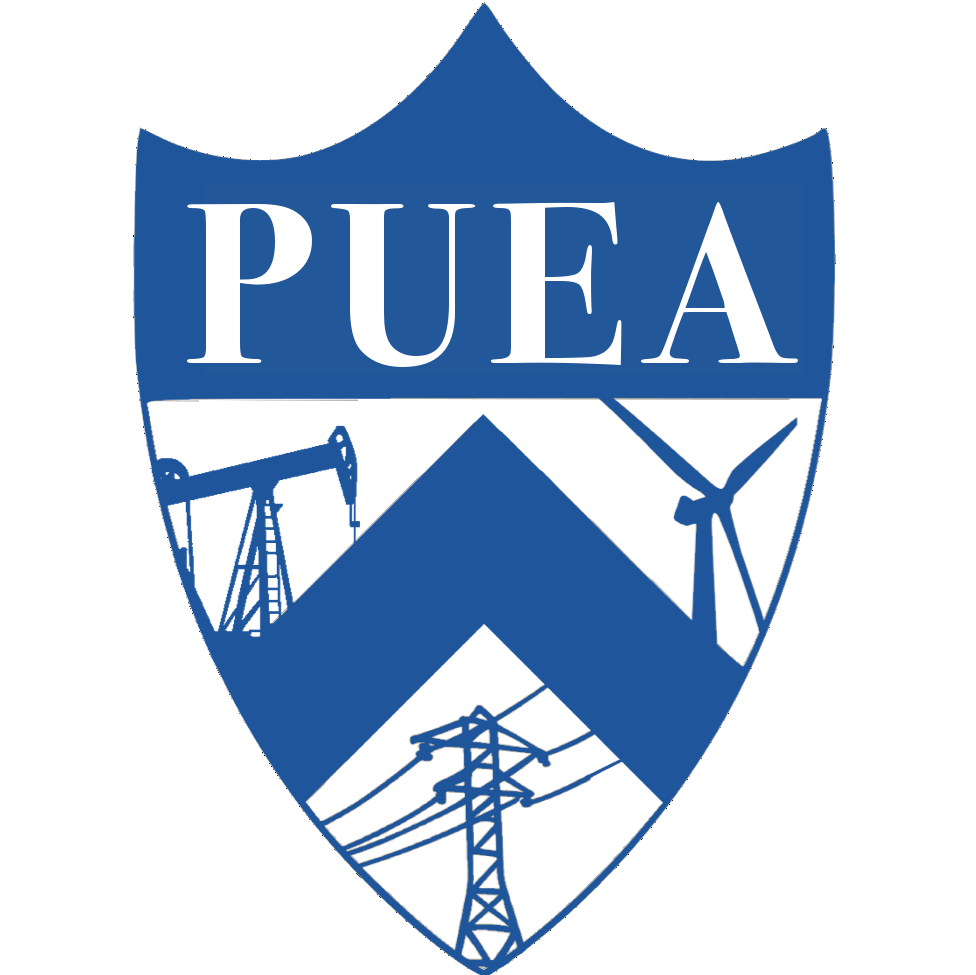Volume 12 Issue 3
November 15, 2021 – November 21, 2021
Sunay Joshi ‘23 | Zihan Lin ‘23 | Amy Amatya ‘21 | Riti Bhandarkar ‘23 | Wilder Crosier '25 | Andrew Ji '25
Harnessing the energy of the ocean to power homes, planes, and whiskey distilleries
November 9, 2021 | Washington Post
Photo by Orbital Marine Power
In the Orkney Islands of northern Scotland, three projects are aiming to prove economic viability of hydro power by capturing energy stored in surface waves and tides. The most recent to arrive this past summer was the Orbital O2, a massive device measuring in at 240 feet long and 650 tons. The concept is simple - anchor the body of the submarine-shaped machine, attach several massive rotors underwater, each of 65 feet in diameter, and let the tides do the work. The produced energy, rated at 2 megawatts, is enough to power 2,000 homes. In the coming months and years, this project will demonstrate its future potential. - AJ
GE to break up into 3 companies focusing on aviation, health care and energy
November 9, 2021 | CNBC | Jesse Pound
On Tuesday, energy giant General Electric announced it would split into three companies within the next three years. The new businesses will focus on aviation, health, and energy. CEO Lawence Culp said in a statement “By creating three industry-leading, global public companies, each can benefit from greater focus, tailored capital allocation, and strategic flexibility to drive long-term growth.” While the company’s stock has fallen 2% on average annually over the past twenty years, analysts see opportunities for better performance thanks to the nimbleness of each individual organization. –WC
How the rise of copper reveals clean energy’s dark side
November 9, 2021 | Guardian Energy
Photo by Julie Dermansky
The rise of clean electricity grids and electric vehicles has spurred growth in the mining of copper, a highly conductive and malleable metal. Mining copper poses environmental issues, especially for local residents. Mines can drain and contaminate underground water supplies, which creates serious health concerns for the local communities. Experts insist that copper is essential for the energy transition. Some proposed to provide incentives for recycling copper. In 2020, recycled copper met 35% of its global demand. Countries like China have already issued regulations for manufacturers to recycle copper. However, the heated problem between copper mines and local residents continues. -ZL





